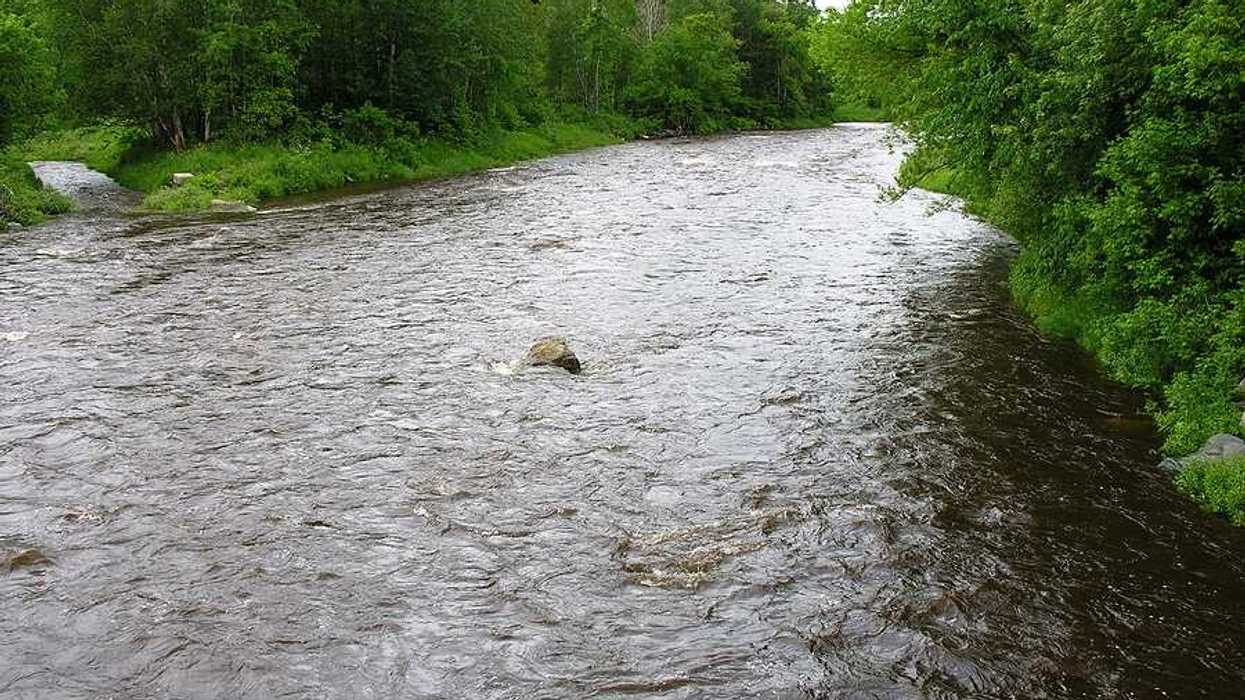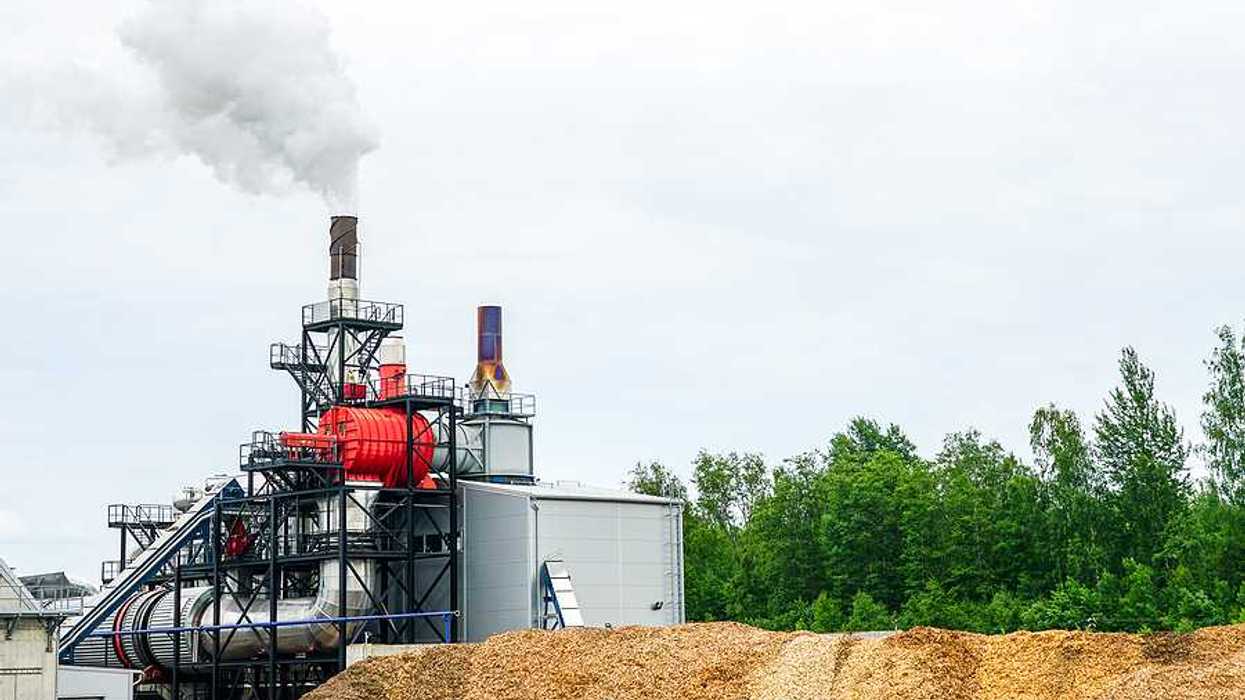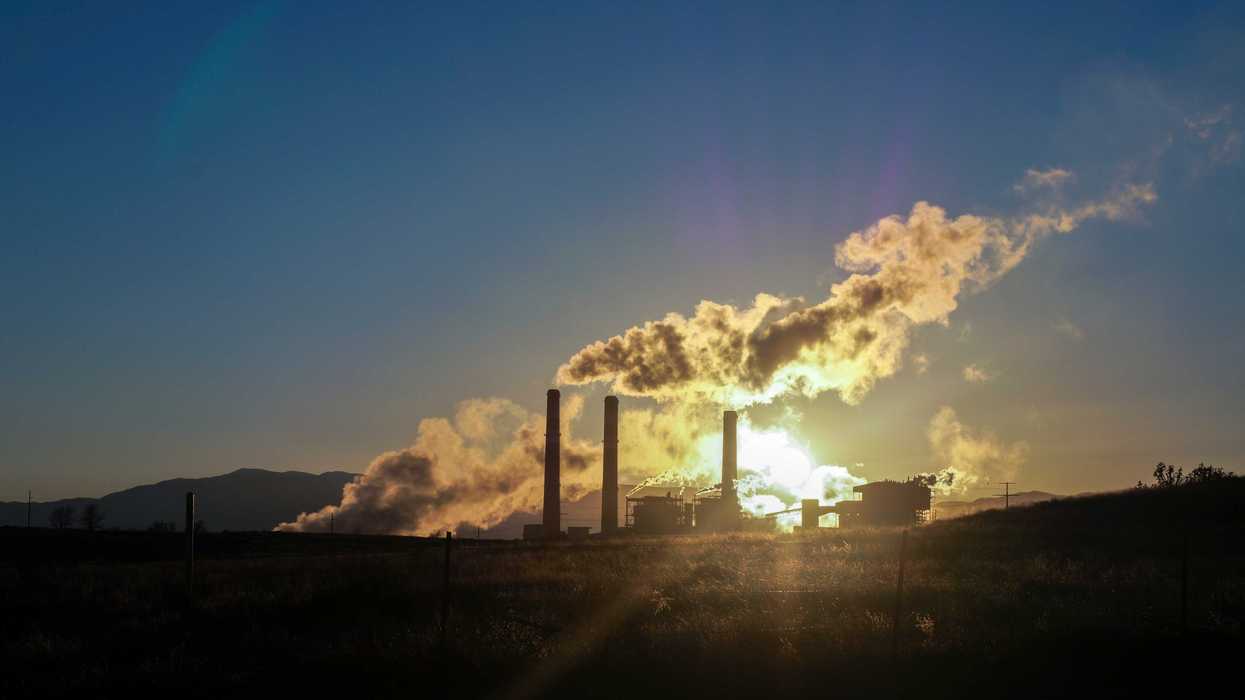The federal government's new assessment downplays the health risks of dust pollution from the shrinking Salton Sea despite scientific evidence suggesting otherwise.
Sarah Hopkins reports for Inside Climate News.
In short:
- The Salton Sea's receding water levels expose lakebed dust, affecting nearby disadvantaged communities.
- The federal assessment claims the dust is not a significant pollution source, contradicting recent research.
- Critics argue the continued water diversion policy will worsen the health crisis in the region.
Key quote:
“The assessment assumes that the Salton Sea Air Quality Management Plan will fund restoration projects that will mitigate the short-term increase in exposed [lakebed]. However, the analysis predicts that those measures will not balance out the short-term increased exposure until 2045. This is very concerning.”
— Luis Olmedo, executive director of Comite Civico del Valle
Why this matters:
Dust pollution from the Salton Sea is linked to respiratory issues in local disadvantaged communities, particularly impacting Latino agricultural workers. Downplaying these risks could lead to inadequate policy responses and exacerbate health problems.














